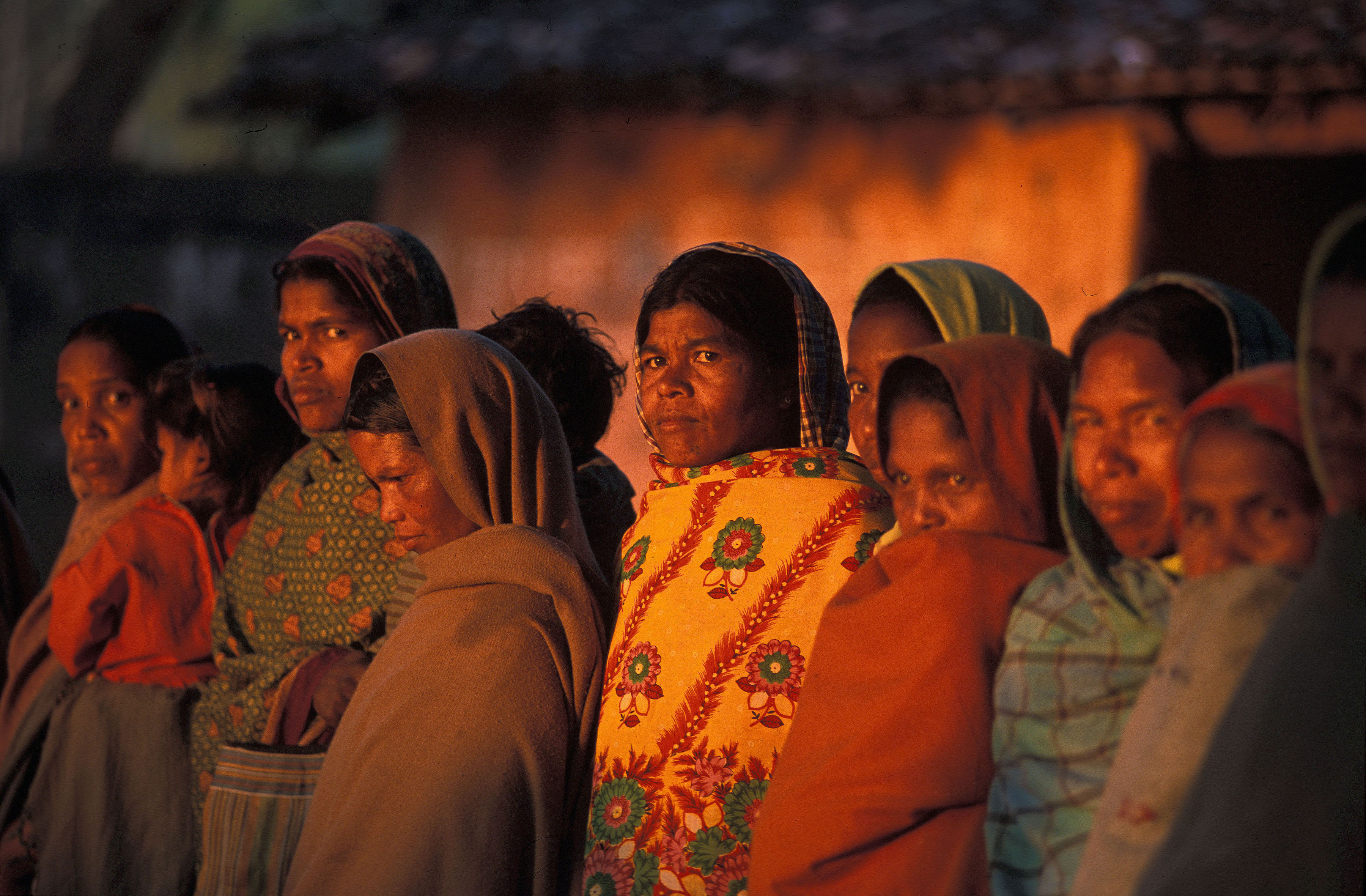What Choice Do Women Have?
Choices in the context of gender roles

During a day and age where women in India are joining the workforce across a wide variety of socio-economic backgrounds but few pay heed to the conflict they face within themselves as they maintain the identity of being a woman as well as having a formal occupation outside home combined with the societal expectations that society and family bestows on them. It is this inner conflict that I would like to comment on. One must contrast this inner conflict that many women have to reconcile with the fact that many organizations offers perks that are in-built in many job opportunities, such as having a crèche on the campus of many companies and so on. Finally, not to forget that many organizations are equal opportunity employers. Hence, it makes sense to keep in mind that “employment may not have had a liberating effect on women because of these family roles” (Lamphere, 2006:223 in Lewin,ed.).
“Exactly following this approach, the Hindu woman will need to continue to take primary responsibility for family and relationships, customs and culture, and public morality in general. To this extent, the Manusmriti will continue to be seen as broadly the source of guidance, but not in any sense binding or prescriptive.” (Murali Murti as published on QZ India).
This quote was extracted in the context of what is expected to be the foundations for Hinduism as a religion. I don’t want to misuse my freedom of speech on this platform but would like to explore what such a statement may mean if taken just as face value. In an era where two incomes or more are needed to run the average household, at least in the major Indian cities, it is massive undertaking to think that one income is more than enough and that the woman has no need to go outside the home and work.
However, if there must be an embrace of campaigns such as the ‘Beti Bachao, Beti Padao’ campaign, a number of things must be made clear and now more so than ever when there are tensions about the role of women more than ever, especially in an era of a lack of safety for women. Having grown up and seen family members of the female gender embrace their traditional roles, but nobody ever talks about the degree of regret they feel after they have fulfilled their duties both at home, regarding their children and their husbands. Even Simone de Beauvoir asserts that “she herself is still profoundly marked by her upbringing, respectful of the value the older women around her represent, haunted by childhood and adolescent dreams; she has difficulty reconciling the inheritance of her past with the interest of her future” (De Beauvoir, 1949: 753).
In India, 24th January, 2015 is being marked as National Girl Child Day but I believe in this phrase lies the degree of duality that I am trying to point out. The fact that discrimination lies, thanks to historical norms and values but not setting the cards straight now is not the way to go. Parents and society should be happy with whatever gender their child is. In a time of legalized Same Sex marriage in other parts of the world, celebrating National Girl Child Day makes me grateful that I can able to read about the contrast with regards to women’s rights allowed to women in other parts of the world as well as to people who identify themselves as other sexual orientations.
The purpose of this article is more a way for me to realize that as the world evolves with regards to technology and people will need skills in such a manner that they can work in job markets, which are wholly influenced by technology. However, at the same time, there is a recurrence of the same issues cropping up, as in the case of the fact that “the woman embarks on a career in the context of a highly problematic situation, subjugated still by the burdens traditionally implied by her femininity” (De Beauvoir, 1949: 759). Therefore, I hope that regardless of the dignity women are granted at home or at work, one must never forget the continuous work they have to do with regard to reconciling societal expectations with their own expectations from themselves. This is a tall order but a task that ensures that they feel gratitude for the parents they had who respected their decisions and moreover made sacrifices with regard to their education.



